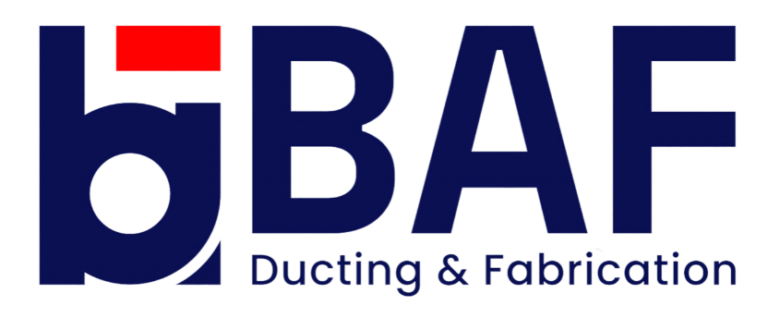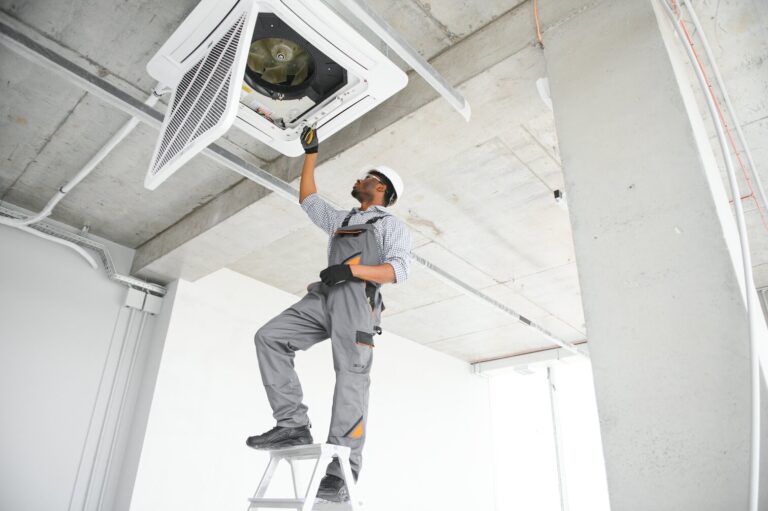Your HVAC system is the backbone of indoor comfort, ensuring efficient heating and cooling throughout the year. However, like any mechanical equipment, HVAC systems wear out over time, leading to inefficiency, increased costs, and performance issues.
At BAF Fabrication, we understand the importance of a well-functioning HVAC system, whether for residential, commercial, or industrial applications. If you’re unsure whether it’s time to upgrade, here are the key signs to look for and how a new system can benefit you.
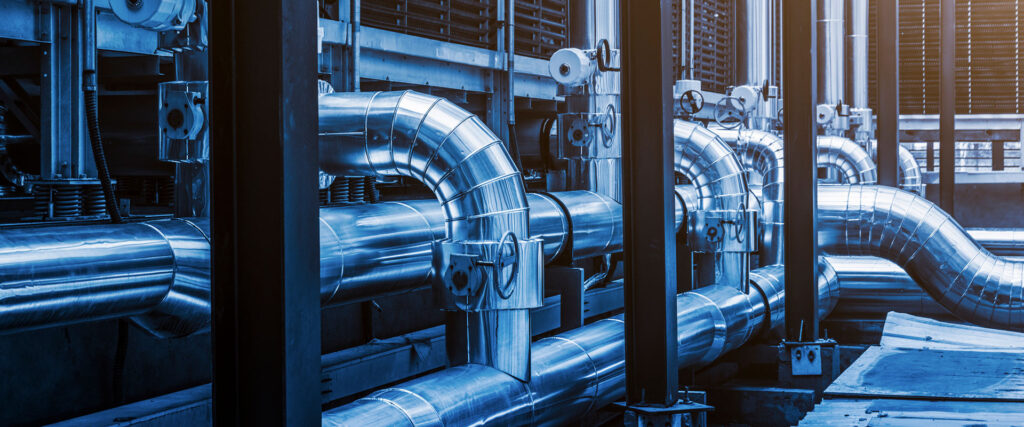
Seven Signs Your HVAC System Needs an Upgrade
1. Rising Energy Bills Indicate Decreasing Efficiency
An unexplained increase in energy costs often means your HVAC system is working harder than it should. Older systems lose efficiency due to wear and tear, clogged filters, and outdated technology.
Solution: Upgrading to a modern, high-efficiency HVAC system can significantly reduce energy consumption with features like variable-speed fans, smart controls, and energy-efficient refrigerants.
Benefit: Lower monthly utility bills and a reduced carbon footprint.
2. Your HVAC System Is More Than 10-15 Years Old
Most HVAC systems have a lifespan of 10-15 years. If yours is approaching or exceeding this range, it is likely running inefficiently and may be prone to breakdowns.
Typical Lifespans:
- Furnaces: 15-20 years
- Air Conditioners: 10-15 years
- Heat Pumps: 10-15 years
Upgrading to a new system ensures you get the latest energy-saving technologies and improved performance.
3. Frequent Repairs Are Becoming Costly
If you find yourself calling for HVAC repairs multiple times a year, the costs of maintaining an old system can quickly add up. At a certain point, replacement becomes a smarter financial decision.
Repair vs. Replacement Rule:
- If a repair costs 50 percent or more of a new system, replacement is the better option.
- If the system has required frequent repairs in the past year, it is nearing the end of its lifespan.
4. Uneven Temperatures Throughout the Building
If some areas of your space are too hot while others remain too cold, your HVAC system may be struggling to distribute air properly. This can be caused by:
- An aging system with declining performance
- A failing blower motor or ductwork issues
- Outdated single-stage HVAC technology
Upgrade Benefit: New variable-speed systems provide even heating and cooling by adjusting airflow to meet your specific needs.
5. Unusual Noises Indicate Mechanical Issues
A properly functioning HVAC system should operate quietly. If you hear banging, rattling, or squealing noises, it may be due to:
- A failing motor or blower fan
- Loose components or an unbalanced system
- Ductwork leaks or airflow issues
Persistent noises are often an early sign of mechanical failure, making an upgrade the best long-term solution.
6. Poor Indoor Air Quality and Increased Allergies
HVAC systems do more than regulate temperature; they also impact indoor air quality. If you notice excessive dust, pet dander, or humidity imbalances, your system may not be filtering air effectively.
Newer HVAC systems come with advanced air filtration, humidity control, and ventilation features to improve indoor air quality, reduce allergens, and create a healthier indoor environment.
7. Your System Still Uses R-22 Refrigerant
If your air conditioner or heat pump was installed before 2010, it may use R-22 refrigerant, which is no longer produced due to environmental concerns.
Why Upgrade?
- R-22 is expensive and difficult to find.
- New energy-efficient systems use environmentally friendly refrigerants like R-410A.
Switching to a modern system ensures compliance with regulations, lowers maintenance costs, and improves efficiency.
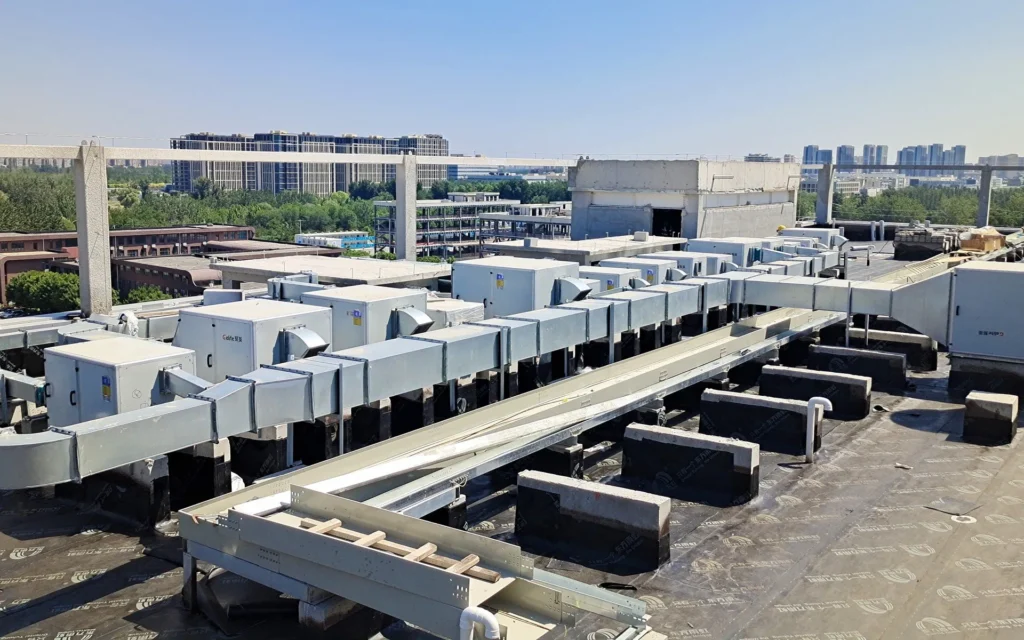
Benefits of Upgrading Your HVAC System
Upgrading an outdated HVAC system offers several long-term advantages:
- Lower Energy Costs: New systems are up to 30 percent more efficient than older models.
- Smart Home Integration: Many modern HVAC units are compatible with smart thermostats for remote control and automation.
- Enhanced Comfort: New heating and cooling technology eliminates hot and cold spots.
- Quieter Operation: Modern systems run more quietly and smoothly than outdated models.
- Increased Property Value: An upgraded HVAC system can boost the resale value of homes and commercial properties.
Choosing the Right HVAC Upgrade
When upgrading your heating and cooling system, consider the following factors:
- Energy Efficiency: Look for high Annual Fuel Utilization Efficiency (AFUE) ratings for furnaces or Seasonal Energy Efficiency Ratio (SEER) ratings for air conditioners and heat pumps.
- Proper Sizing: An oversized or undersized system can lead to inefficiency and discomfort. Ensure the unit is correctly sized for your space.
- Hybrid Heating Systems: Pairing a heat pump with a high-efficiency furnace can maximize savings in colder climates.
- Ductless Mini-Splits: A great solution for properties without ductwork or those needing zoned heating and cooling.
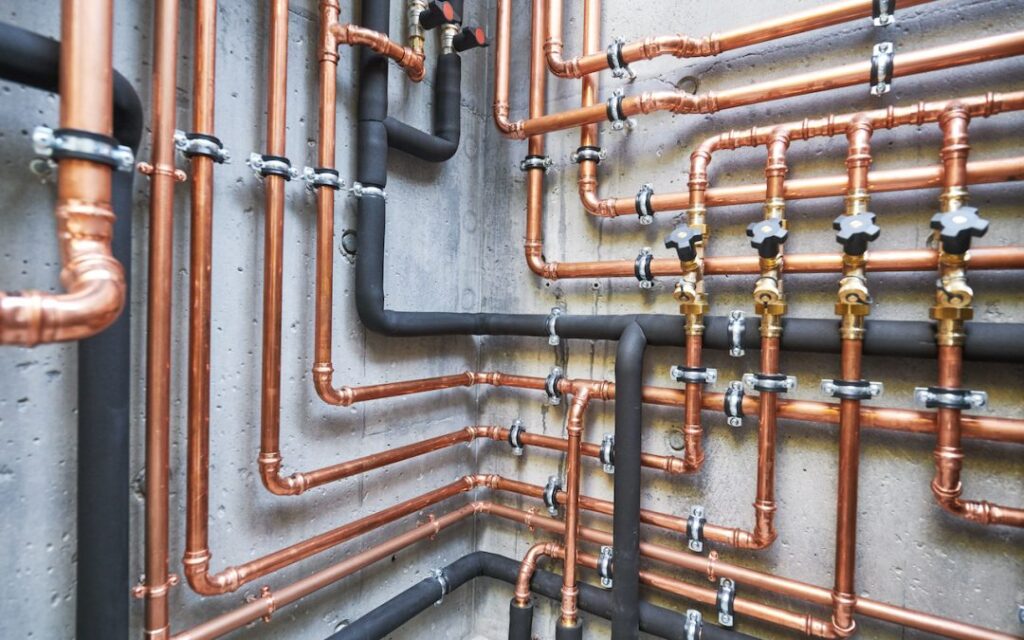
Best Time to Upgrade Your HVAC System
The ideal time to replace your HVAC system is before it fails completely. Consider upgrading during:
- Spring and Fall: HVAC companies offer better deals and flexible scheduling during off-peak seasons.
- Before Peak Season: Avoid emergency breakdowns during the hottest and coldest months.
- When Incentives and Rebates Are Available: Look for utility rebates and federal tax credits for energy-efficient HVAC upgrades.
Is It Time for an HVAC Upgrade?
If your energy bills are rising, repairs are frequent, or your system is over 10 years old, an HVAC upgrade is a smart investment. New heating and cooling systems increase efficiency, enhance comfort, and improve air quality while reducing overall operating costs.
At BAF Fabrication, we provide top-tier HVAC solutions, including system upgrades, ductwork fabrication, and custom HVAC components tailored to your needs. Contact us today to discuss your options and find the best solution for your space.
